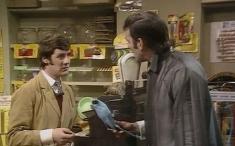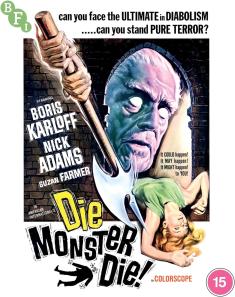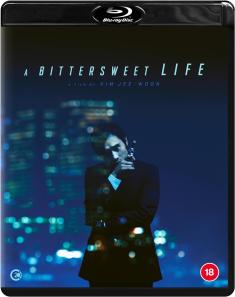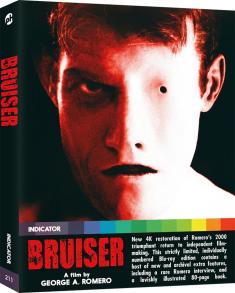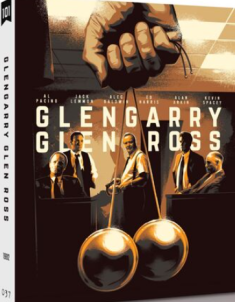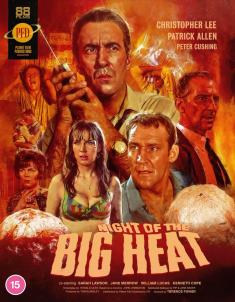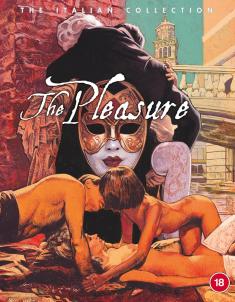Beyond: Two Souls
Overview -
Last year, Sony and Quantic Dream announced 'Beyond: Two Souls' with all of the flourish of a Oscar hopeful. With Ellen Page and Willem Dafoe headlining, David Cage, the director, writer, and lead lightning rod at Quantic Dream, promised that 'Beyond: Two Souls' would break new ground for gameplay while revealing to players a meticulously produced sci-fi and character drama.
In broad strokes, Ellen Page would star in all possible mocapped glory as Jodie, a young woman, simultaneously gifted and afflicted with a direct connection to an invisible paranormal entity named "Aiden." The game would reveal not only Jodie and Aiden's relationship, but also the relationship of Jodie and the researcher charged with studying and thereby fostering her, Nathan Dawkins, played by Willem Dafoe.
Contained within Cage's presentation of the project was a number of underlying promises, including the notion that while 'Beyond: Two Souls' would build upon the gameplay systems of 'Heavy Rain,' players should expect some dramatic differences.
'Heavy Rain' continues to be a polarizing game and is one game that could easily side track this review. Even more distracting is the viewpoint that Quantic Dream's games lack the correct amount of traditional gameplay and are thus not games.
What's paramount here though is how does 'Beyond: Two Souls' measure up as a PS3 a title or as just a video game in general.
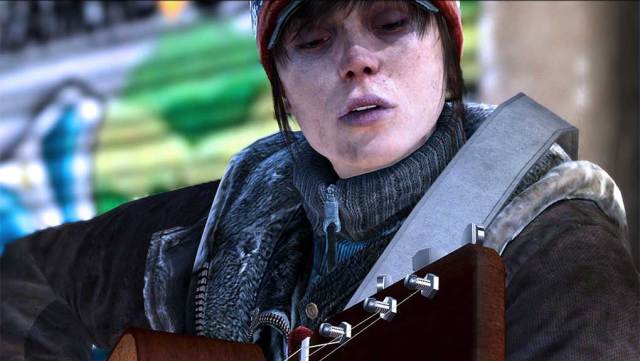 |
Video Review
While the environments can feel confined, and some memories are more cutscene than gameplay, there is no doubt that the game is a visual knock-out. There are some bad animation transitions (steering wheel snap!), occasional instances of obviously poor shadow depth, and other nit-pick level issues (rusted desert truck). Jodie is so meticulously detailed, especially as she gets older, that some (not all) lesser NPCs look lousy by comparison. Still, the game's art design and execution is top-notch. The pedestrian office spaces and streets out-detail and outclass 'Heavy Rain,' while some of the more fantastic areas that are tempting to spoil just blow the doors off of a lot of AAA games. Some silly details like the ever-present floor air conditioners just seem like the result of a long hardware cycle.
Again, while individual areas are small, what you see on-screen is impressive, and the variety of locations means not one but many visual treats. The game's many cutscenes are in-game and the transition between watching and playing is often seamless, which looks great even if it sometimes surprises.
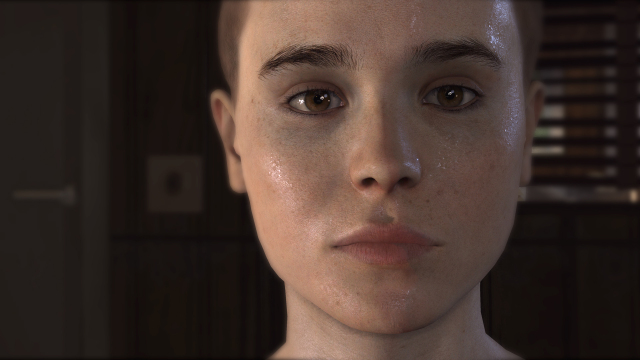 |
Audio Review
Whether it's LPCM, Dolby Digital, or DTS, 'Beyond: Two Souls' reflects a near-demonstration worthy audio experience. This is mainly due to the wonderfully clear dialogue that is often exceptionally delivered. There are many lines that don't quite work, either due to a mistranslation or more often for this game a delivery that seems tweaked to match animation. (Dafoe/Dawkins has many lines line delivered too quickly.) Most of the awkward dialogue though is saved by the talent at work, and more than one of the lesser-known actors delivered endearing performances. There were a few lines from Ellen Page that came out almost mumbled, but those times just helped to illustrate how stellar the rest of the dialog is.
Aiden's sounds and other less grounded in reality sounds really deliver in the surround department, and help make up for the lack of ambient managed by other games that offer more player freedom.
Normand Corbeil scored with his dramatic character themes in 'Heavy Rain,' but while that suited the noir style, this game's soundtrack is more subtle and haunting, as suits its sci-fi leanings. Hans Zimmer and Lorne Balfe have delivered a score that compliments rather than distracts. At times though, if you stop to consider the soundtrack, you may notice how memorable various pieces are.
Despite losing interest in some of Jodie's experiences and often times wishing for more freedom with both Jodie and Aiden, I was transfixed by the game's committed narrative. Not only do I want to pry out some of the variations in play that I may have missed thus far, but my fascination with the game as a whole has only grown since finishing my review playthrough. It's possible that the game's similarity to adventure games and Cage's obsession with being similar to films make for an acquired taste, but the level of production lead character depth, and overall product found in 'Beyond: Two Souls' are well worth the price of admission.
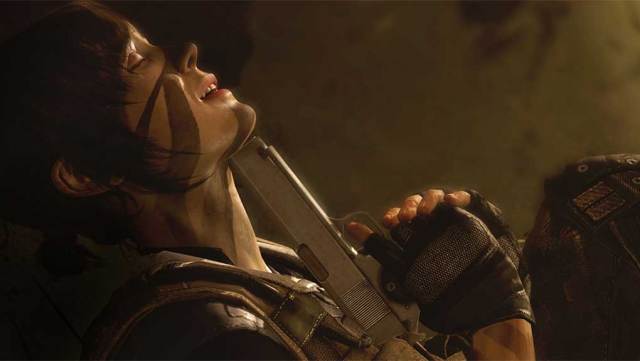 |


